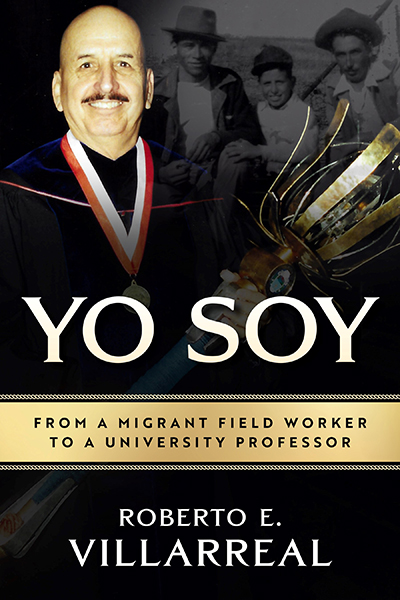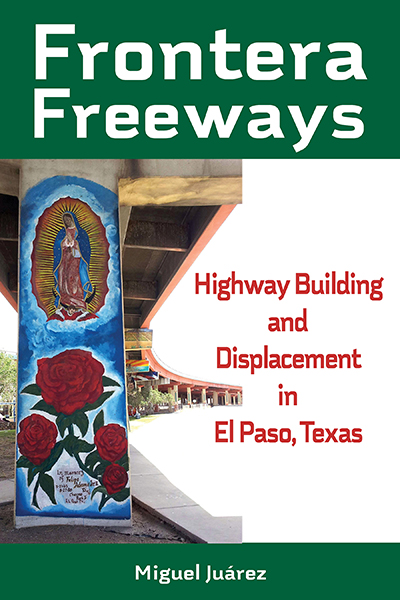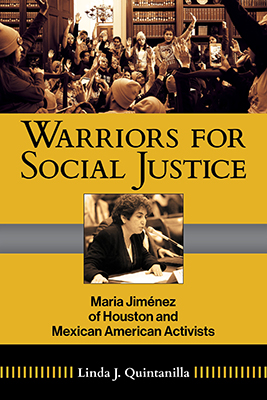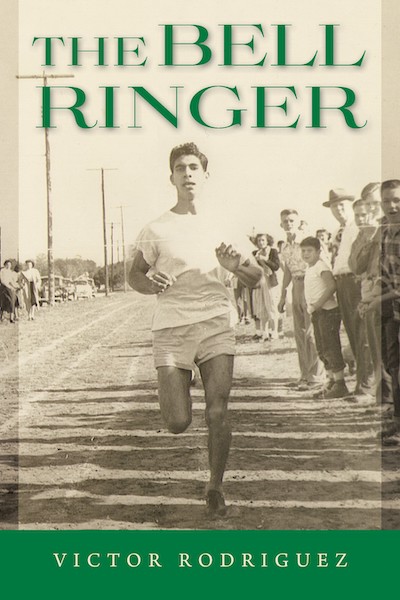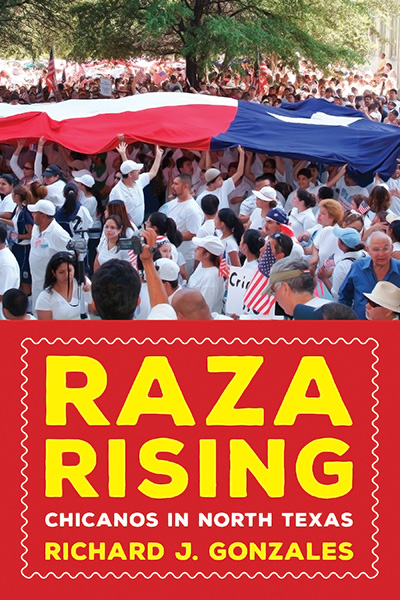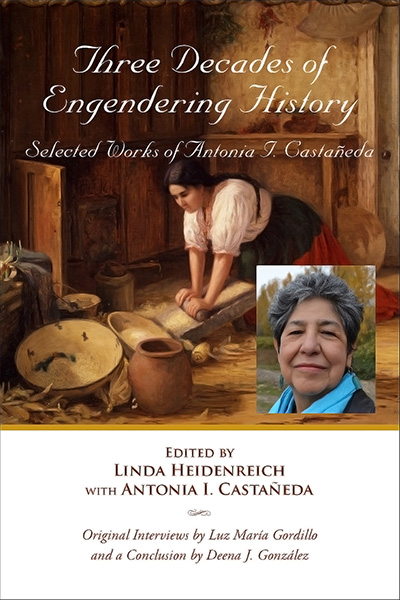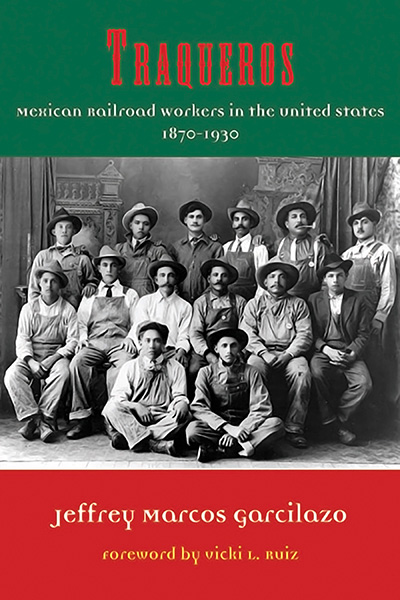
VOL. 6: Al Filo: Mexican American Studies Series
February, 2016
Published
256
Pages
Map. Notes. Bib. Index.
Features
Ideal for Classrooms
About Garcílazo's Traqueros
Perhaps no other industrial technology changed the course of Mexican history in the United States—and Mexico—than did the coming of the railroads. Tens of thousands of Mexicans worked for the railroads in the United States, especially in the Southwest and Midwest. Construction crews soon became railroad workers proper, along with maintenance crews later. Extensive Mexican American settlements appeared throughout the lower and upper Midwest as the result of the railroad. The substantial Mexican American populations in these regions today are largely attributable to 19th- and 20th-century railroad work. Only agricultural work surpassed railroad work in terms of employment of Mexicans.
The full history of Mexican American railroad labor and settlement in the United States had not been told, however, until Jeffrey Marcos Garcílazo’s groundbreaking research in Traqueros. Garcílazo mined numerous archives and other sources to provide the first and only comprehensive history of Mexican railroad workers across the United States, with particular attention to the Midwest. He first explores the origins and process of Mexican labor recruitment and immigration and then describes the areas of work performed. He reconstructs the workers’ daily lives and explores not only what the workers did on the job but also what they did at home and how they accommodated and/or resisted Americanization. Boxcar communities, strike organizations, and “traquero culture” finally receive historical acknowledgment. Integral to his study is the importance of family settlement in shaping working class communities and consciousness throughout the Midwest.
“Traqueros is the first large-scale investigation of the substance and breadth of traqueros’ experiences at work and in their ‘boxcar’ communities… . [Garcilazo’s] years of dedicated research have yielded an intimate yet comprehensive portrait of Mexican immigrant track men and their communities.” —Journal of American History
“Garcilazo has made a powerful contribution to the historiography of the railroads as well as the history of Mexican workers in the United States.” —H-SHGAPE, H-Net Review
“Traqueros is a significant contribution to the scholarly literature of United States labor history, Chicano social history, and ethnic labor history.” —Juan Gómez-Quiñones, author of Chicano Politics
“Traqueros is particularly important because of the originality of the research from numerous archives. Several interviews further enrich the work. Highly recommended.” —Dionicio Valdés, author of Barrios Norteños
“Jeffrey Garcílazo’s book is a signal contribution to the field of Mexican American history—it will long stand in the historiography as the first book in this area of Chicano history from which later efforts will depart.” —Roberto Calderón, author of Mexican Coal Mining Labor in Texas and Coahuila, 1880-1930
“A meticulous researcher, Garcílazo has gathered a stunning array of archival materials on Mexican railroad workers. From his sources, he reconstructs episodes of daily life from lonely encampments to spontaneous strikes. His arguments on economic stratification, ethnic enclaves, family ties, and identity are solidly grounded in primary documents. Never overstepping the bounds of his evidence, Garcílazo situates traqueros within the larger context of American working class history and his keen insights have retained their currency over the passage of time.” —from the foreword by Vicki L. Ruiz
Classroom Adoption
Traqueros: Mexican Railroad Workers in the United States, 1870-1930 is a recommended text for use in classrooms where the following subjects are being studied: Chicano/Latino Studies.
Perhaps no other industrial technology changed the course of Mexican history in the United States—and Mexico—than did the coming of the railroads. Tens of thousands of Mexicans worked for the railroads in the United States, especially in the Southwest and Midwest. Extensive Mexican American settlements appeared throughout the lower and upper Midwest as the result of the railroad. Only agricultural work surpassed railroad work in terms of employment of Mexicans. In Traqueros, Garcílazo mined numerous archives and other sources to provide the first and only comprehensive history of Mexican railroad workers across the United States, with particular attention to the Midwest.
Adopted By
[“California State University, Chico, for "Chicanos in Contemporary Society"”, “California State University, Northridge, for "History of Chicanos/as"”, “Cypress College for "Ethnic Studies 101—American Ethnic Studies"”, “University of San Diego for "Chicano/Latino Studies"”, “University of Nebraska-Lincoln for "Mexican American History"”]
About the Author
JEFFREY MARCOS GARCÍLAZO received his doctorate from the University of California at Santa Barbara and was assistant professor at the University of California, Irvine.
Al Filo: Mexican American Studies Series: Recent Titles
See all titles in our Series: Al Filo: Mexican American Studies Series
Buy Now
Traqueros: Mexican Railroad Workers in the United States, 1870-1930
256 pp. Map. Notes. Bib. Index.
